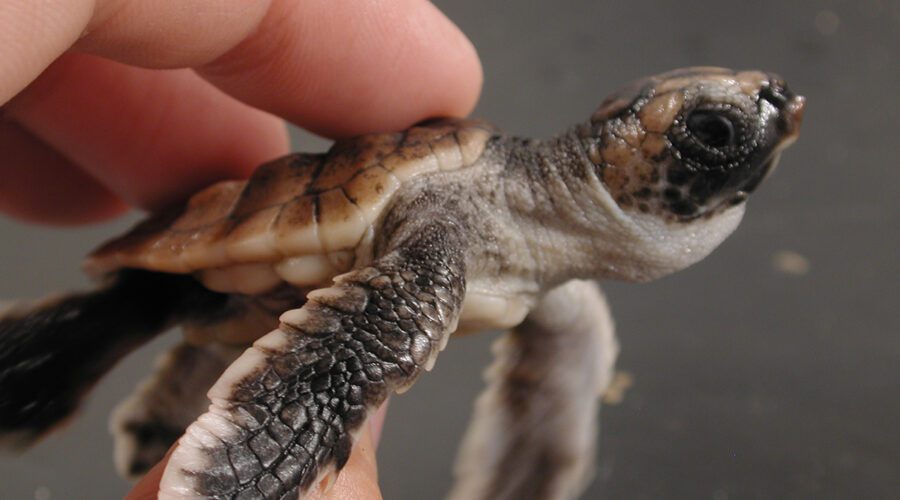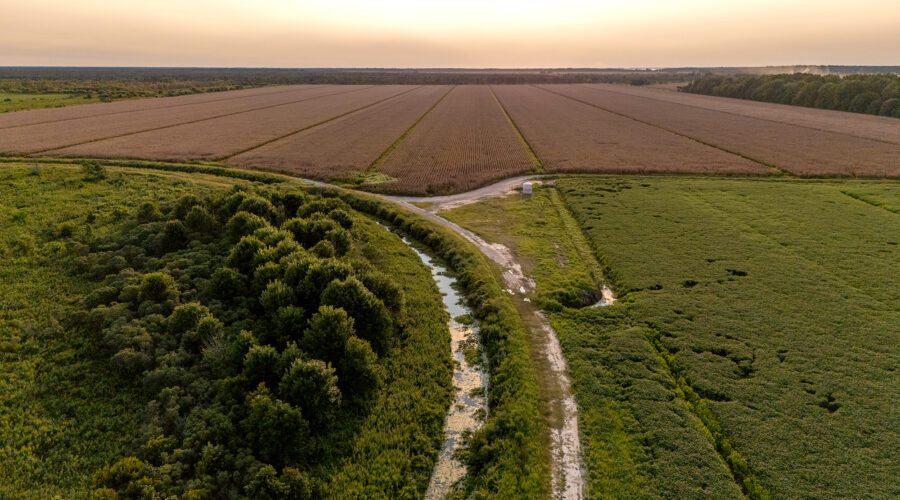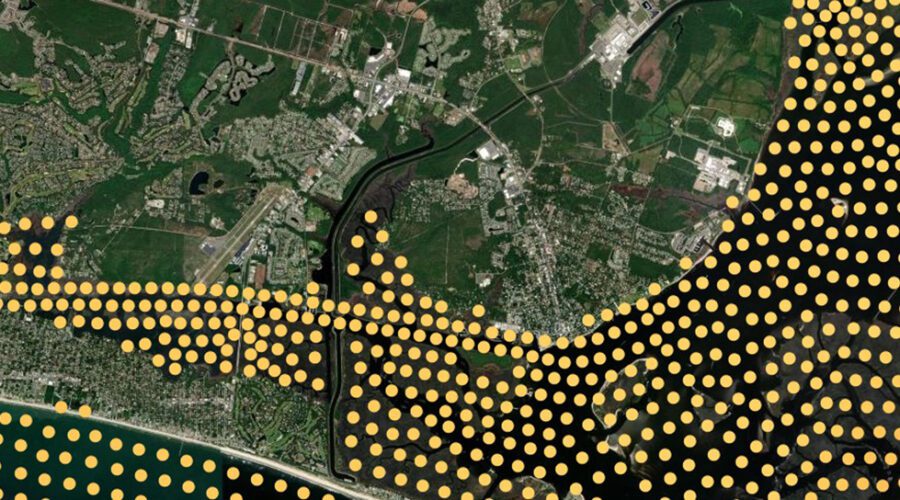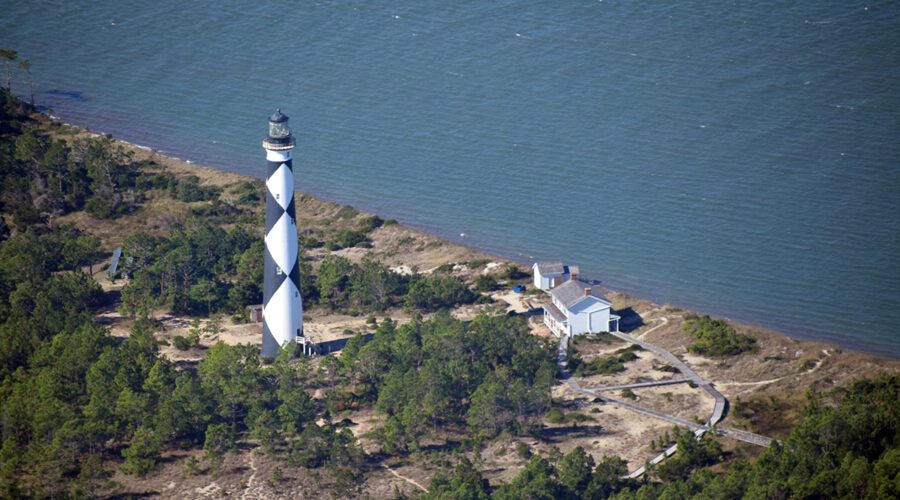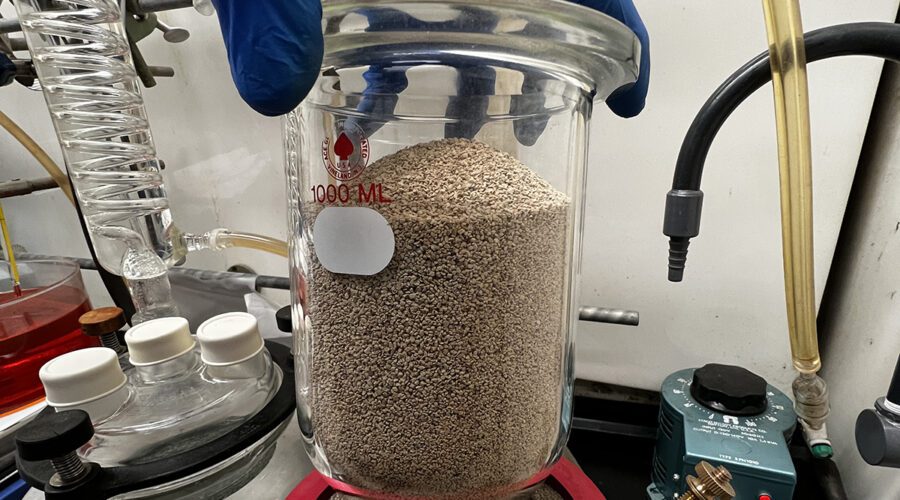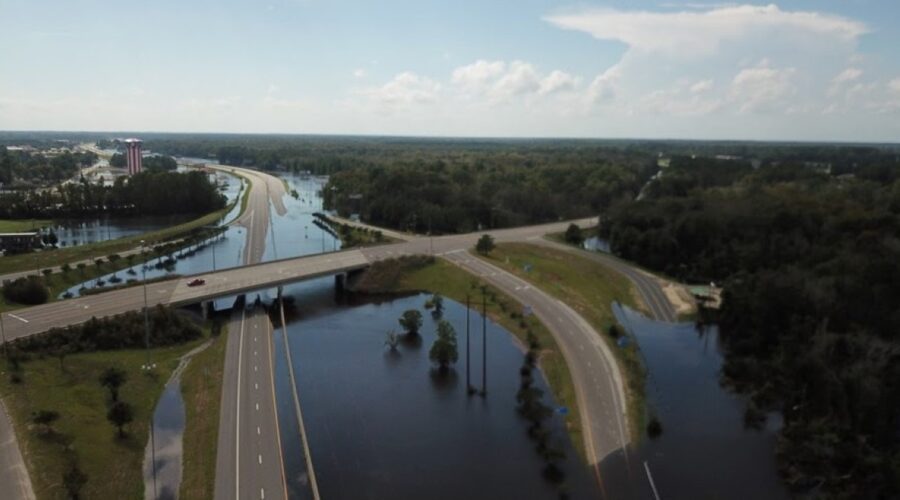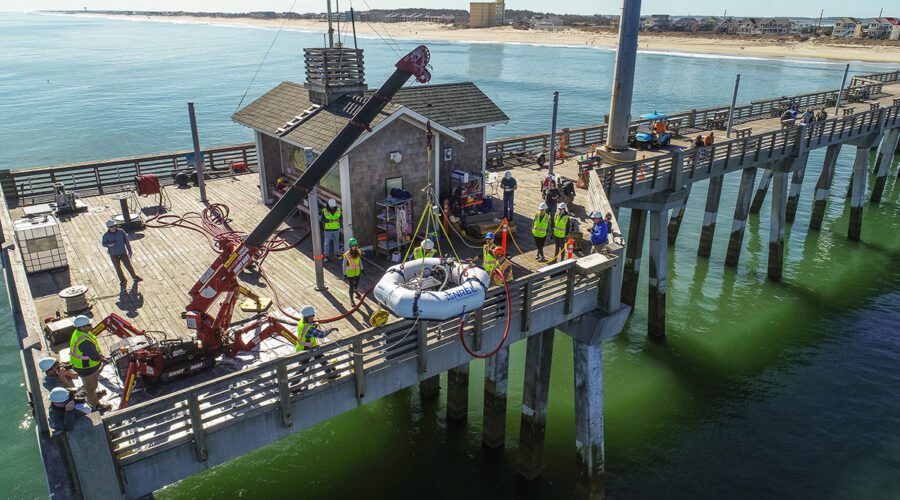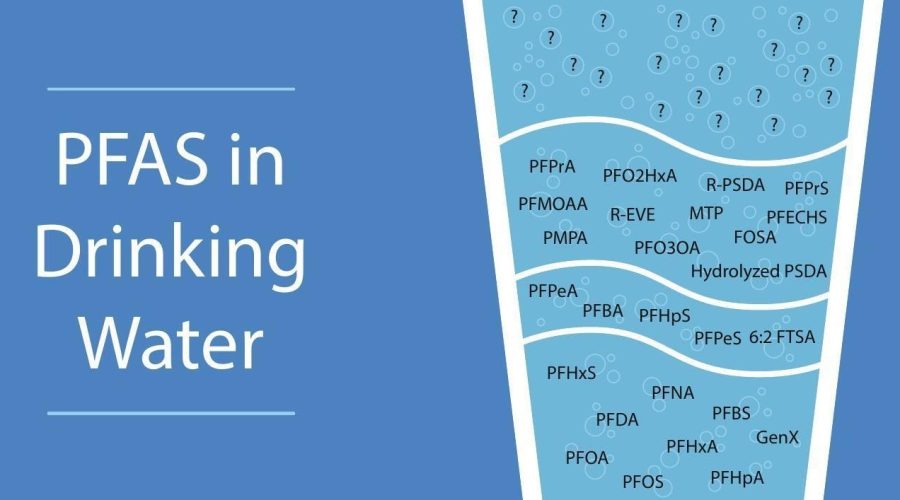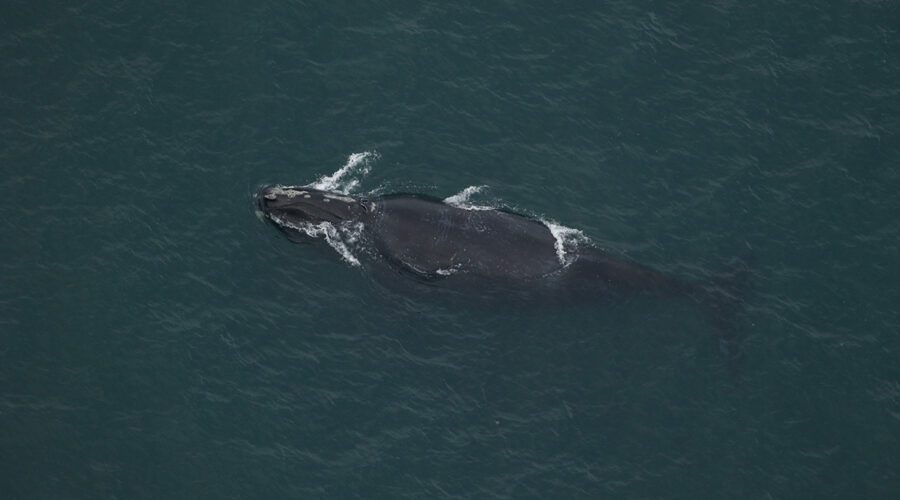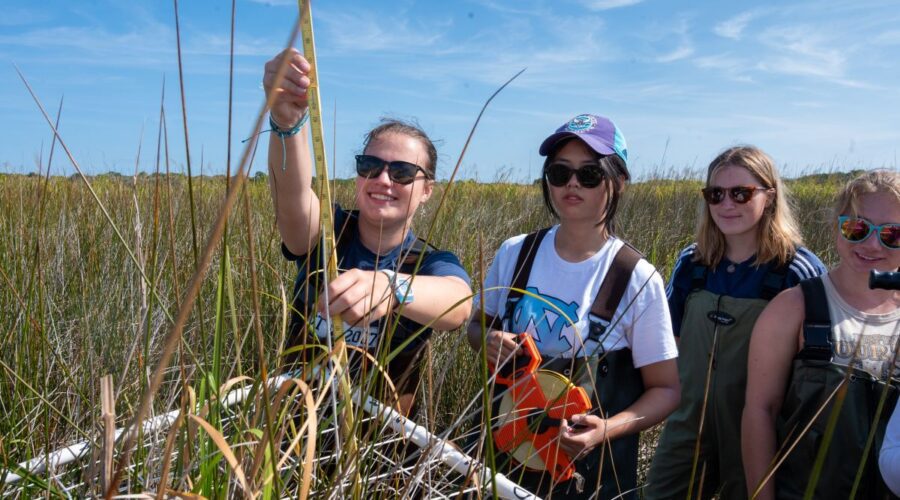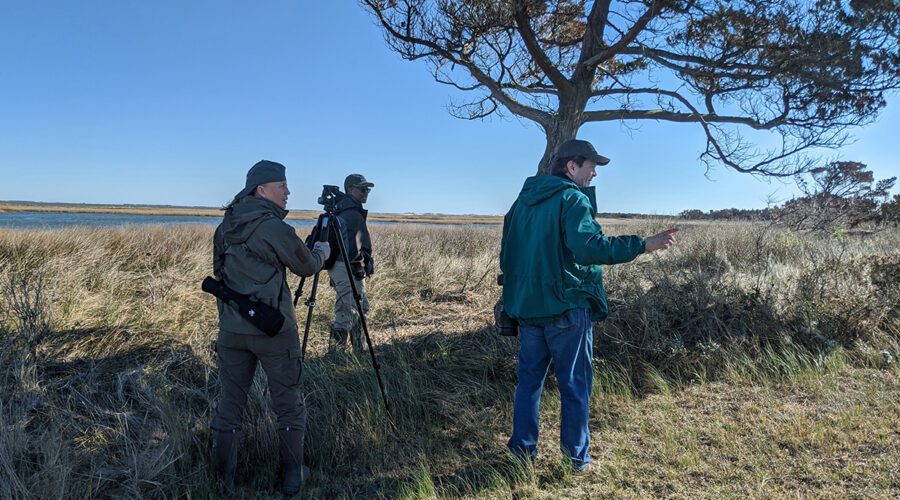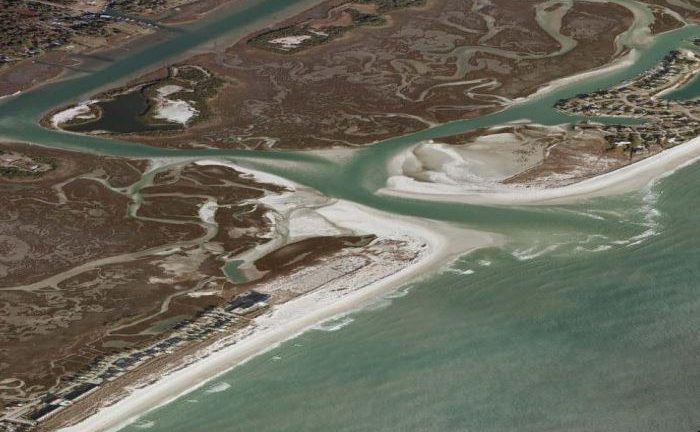Dr. Jaclyn Cetiner is to present “Preliminary Results from a Carbon Removal Field Trial in Duck, NC” has been rescheduled from 6 p.m. Thursday to Feb. 27 and will still take place at the Coastal Studies Institute on the ECU Outer Banks Campus in Wanchese.
science
Loggerhead Boogie: Captive sea turtles will ‘dance’ for food
University of North Carolina Chapel Hill researchers have found that captive loggerheads could be conditioned to “dance” by associating certain magnetic fields with being fed food.
‘Words matter’: Accepted ‘pocosin’ definition unsupported
Duke University researcher Dr. Ryan Emanuel has found no documented evidence behind the long-used English translation of the Eastern Algonquian as a “swamp on a hill.”
NOAA model designed to help assess coastal flood risks
The National Oceanic and Atmospheric Administration has released an online, visual, interactive tool based on decades of modeled and historical water level and wave information for roughly every quarter mile along the U.S. coastline.
Flooded barrier islands, rising mainland risks: USGS study
A new U.S. Geological Survey report finds that accelerating sea level rise and intensifying storms pose a threat to barrier islands like those of the Cape Lookout National Seashore, which the superintendent says confirms what park staff have been observing over the years.
Morehead City naturalist John Fussell leaves birding legacy
The conservationist who was steeped in bird and botany knowledge, credited for his focus on often-overlooked environmental issues affecting the North Carolina coast, and author of the region’s definitive bird guide, died last week at 75.
Chemist develops purification system that removes PFAS
UNC Charlotte professor Dr. Jordan Poler received a grant aimed at helping make his lab’s water-purification method, which cleans drinking water of toxins including per- and polyfluoroalkyl substances, available to consumers.
NCDOT to build drone program to improve disaster response
The North Carolina Department of Transportation has been awarded $1.1 million to build a drone program to be tested in Lumberton and then used in other communities.
Coastal geologist Orrin Pilkey, 1934-2024: An appreciation
“With Orrin, the stories never stopped,” writes author and Coastal Review contributor Gilbert M. Gaul of the acclaimed Duke University scientist who died Sunday. “Some of them were even true.”
Researchers aim to offer Nags Head wave energy options
Could the ocean’s power be tapped as a renewable, acceptable, backup energy source for Outer Banks residents? That’s what National Science Foundation-funded research at the Coastal Studies Institute seeks to find out.
Proposed revised state rule aligns with federal PFAS limits
The N.C. Department of Environmental Quality will accept comments through February 2025 on a proposed rule revision that would adopt federal limits of certain PFAS in drinking water provided by public utilities.
Teams take to sky to survey North Atlantic right whales
Small survey teams will again this year collect information and aerial imagery off the North Carolina and South Carolina coasts on North Atlantic right whales during calving season.
Undergrads to present Currituck Sound research findings
The UNC Chapel Hill students will present during the Dec. 12 “Science on the Sound” lecture series at Coastal Studies Institute their research on the Currituck Sound.
Best way to bid farewell 2024? Count birds on Outer Banks
Hardy birders, volunteers, aspiring community scientists, photographers and others will soon have their chance to count birds on Ocracoke and Portsmouth islands to improve understanding of bird life trends that have implications for all.
Dan Spinella replicates Hatteras lens parts piece by piece
The owner of Artworks Florida Classic Fresnel Lenses has been busy reproducing the 1,008 prisms and hundreds of other mechanisms and components as part of the project to restore the Cape Hatteras Lighthouse.
Coastal Science Panel continues review of inlet areas
The science panel that advises the state Coastal Resources Commission meets Dec. 5 for ongoing discussions of inlet erosion and accretion rates.


